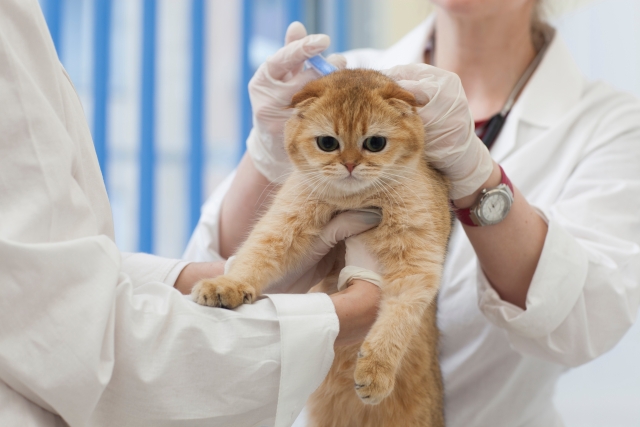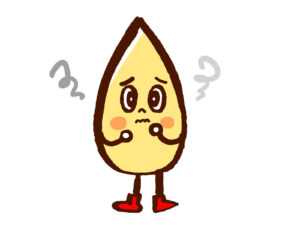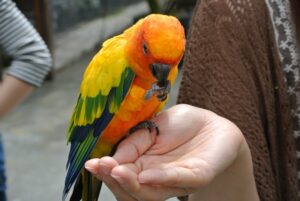Feline Panleukopenia virus (cat parvovirus) – causes, prevention and treatment
June 14, 2022
Introduction
Cat parvovirus also known as feline panleukopenia virus is a deadly contagious virus on cats that effect cat’s immune system. The virus has high mortality rate, especially in case of kittens and unvaccinated cats.
This virus can survive in environment for several months (even for years) and is resistant to common disinfectants.
Symptoms of feline panleukopenia virus
- Depression
- Loss on appetite
- Dehydration
- Nausea and diarrhea
- High fever
Causes of feline panleukopenia
Human can carry virus from one cat to another when they touch infected cats.
This disease can be transmitted directly from contact with infected cat and indirectly from contaminated vomit, urine, stool and nasal secretions. Infected pregnant cat is responsible for transmission of disease to their new born kittens. Panleukopenia virus is highly transferable from clothing, shoes, toys and cages.
Prevention and treatment of feline panleukopenia

Vaccination of early age is the best way to prevent panleukopenia virus. Vaccine should be given according to the instruction of veterinarian.
Also maintaining the hygienic environment is essential to prevent the infection.
The cat parvovirus is very strong and can not be stopped by simply alcoholic disinfectant.
What if the cat gets infected?
Unfortunately, there is no sure cure for parvovirus. Immediate concern with pet veterinarian is required. The recovery rate is even low in case of kitten less than eight weeks old. However, it can be controlled with proper treatment and prevention.
Hypochlorous acid like Meau is proved to be effective in disinfecting the parvovirus. Meau can sanitize cat litter, toys, cage and clothes. It is better to disinfect the wearing before contact with cat whenever owner comes from outside.









